Sri Lanka’s deposed president Rajapaksa ‘to return home’ on Sept. 3: Reports
Sri Lanka's deposed former president Gotabaya Rajapaksa is expected to end his self-imposed exile in Thailand and return home on Saturday, according to reports, citing senior defense officials.
The 73-year-old Rajapaksa fled Sri Lanka in July, accompanied by security after a huge crowd rushed to his residence following months of public protest against the economic crisis in the country, for which people considered him mainly responsible.
He announced his resignation from Singapore before flying to Bangkok. Rajapaksa, however, requested his successor to facilitate the ground for his return.
“He has been living in a Thai hotel as a virtual prisoner and was keen to return,” the unnamed defense official was quoted as saying by AFP on Friday. “We are told he will return very early on Saturday.”
“We have just created a new security division to protect him after his return on Saturday. The unit comprises elements from the army and police commandos.”
Rajapaksa traveled to Thailand after Singapore refused to extend his 28-day visa, but Bangkok security officials told him not to leave his hotel for his safety.
According to a government official, the former president of Sri Lanka decided to return to the country with his wife, bodyguard, and assistant despite having a 90-day visa to stay in Thailand.
Rajapaksa's youngest brother Basil, a former finance minister, met with President Ranil Wickremesinghe last month and asked him to support the ousted leader's return to the country.
“Basil Rajapaksa requested the president to make arrangements for the former president to return home,” their Sri Lanka Podujana Peramuna (SLPP) party said in a statement.
The island of 22 million people is struggling with its worst economic crisis since independence in 1948 amid a severe foreign exchange shortage that has limited essential imports of fuel, food and medicine.
Soaring inflation, at a record 54.6% in June and expected to hit 70% in the coming months, has heaped hardship on the population.
The country's leaders are seeking a $3 billion bailout from the US-dominated International Monetary Fund and a restructuring of some foreign debt, but its desperate bid has gone unanswered.
Pezeshkian: Iran determined to develop, boost ties with neighbors
VIDEO | Israel, Hamas ceasefire agreement: Closer than ever
VIDEO | Gaza ceasefire to be put in place under resistance conditions
Hot water and sewage: Palestinians share harrowing tales of torture in Israeli prisons
VIDEO | Thousands evacuated in Ethiopia amid earthquakes, volcanic eruption fears
Revealed: Israeli ministers eye restoration of illegal settlements in Gaza through genocide
How Los Angeles’ pistachio tycoons facilitated and profited from wildfires
Iraqi PM: Iran was in Syria to fight terrorism; presence requested by Damascus


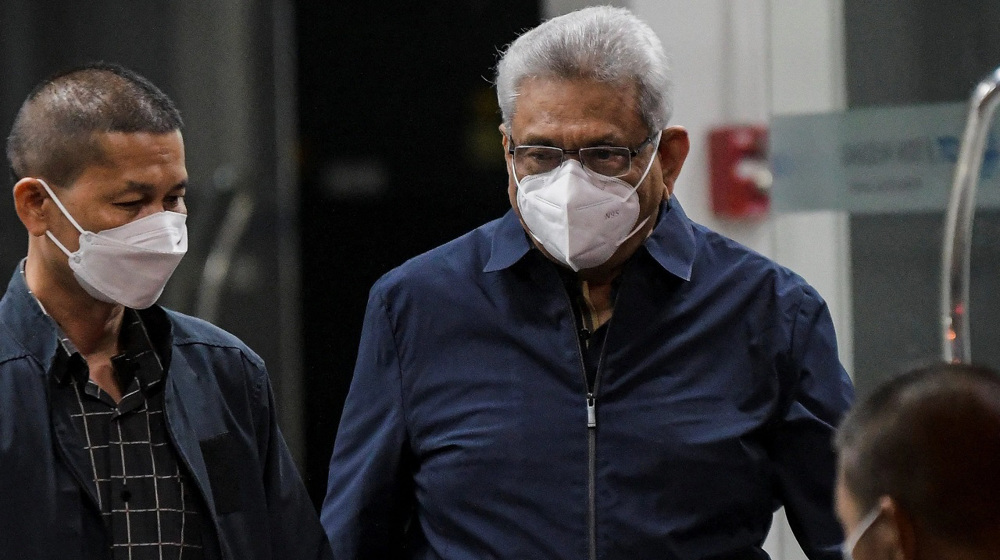
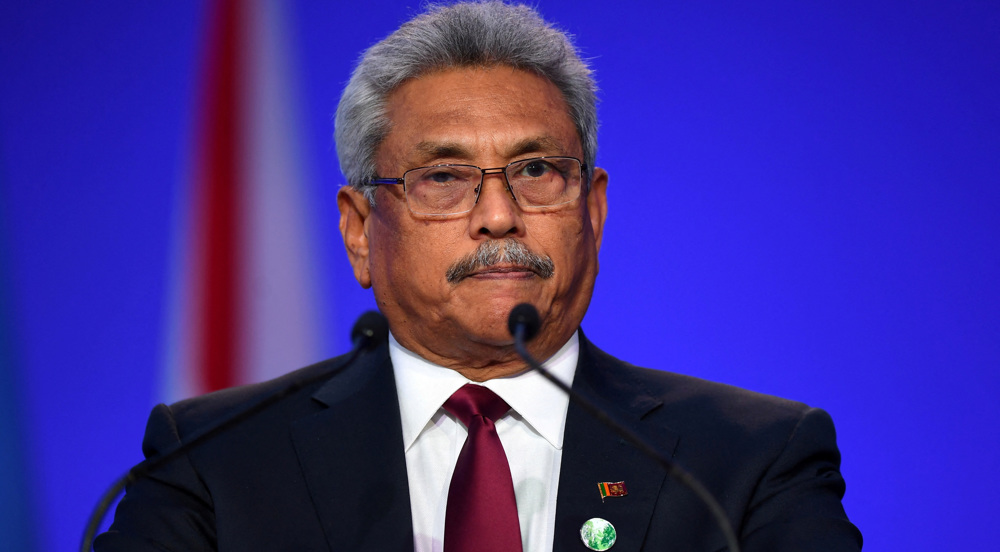
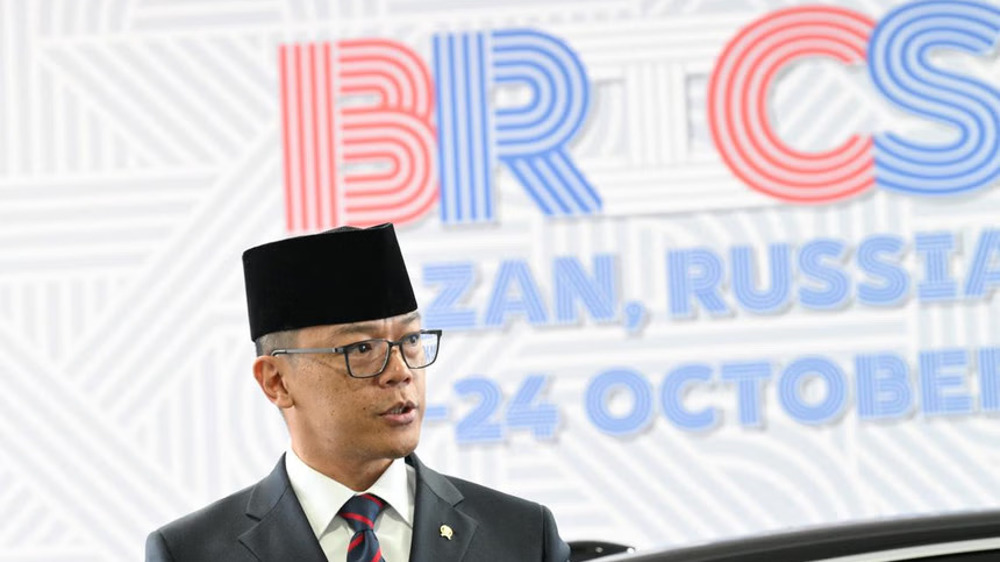
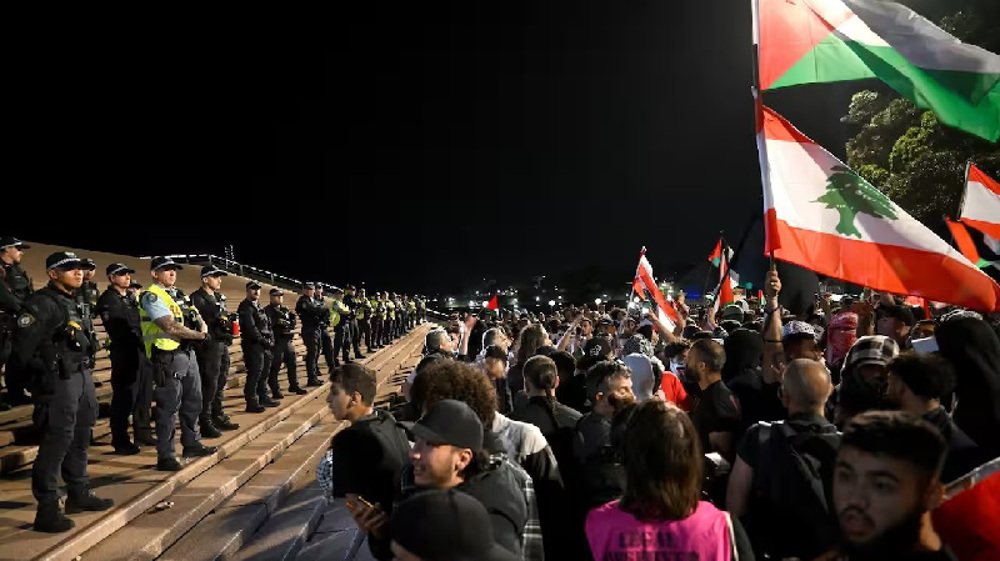
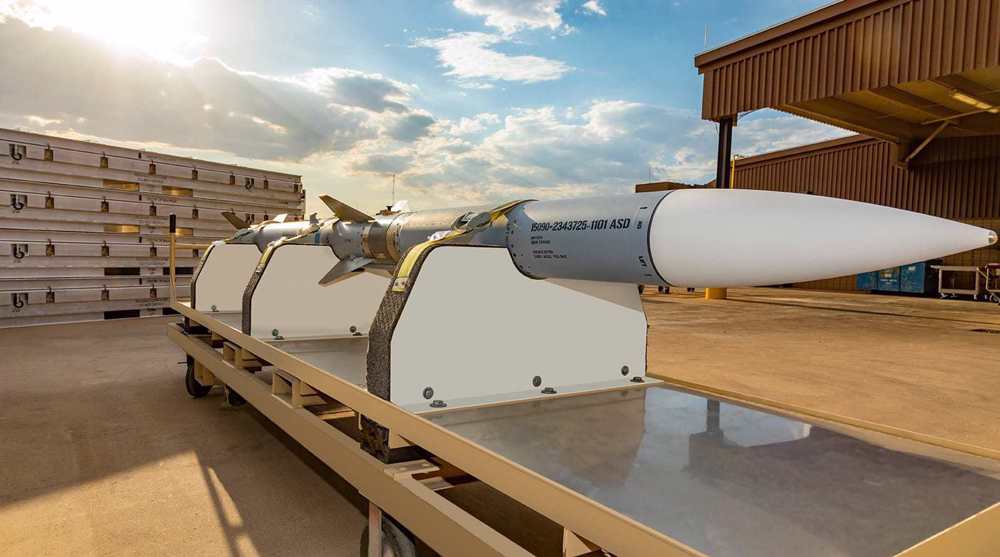



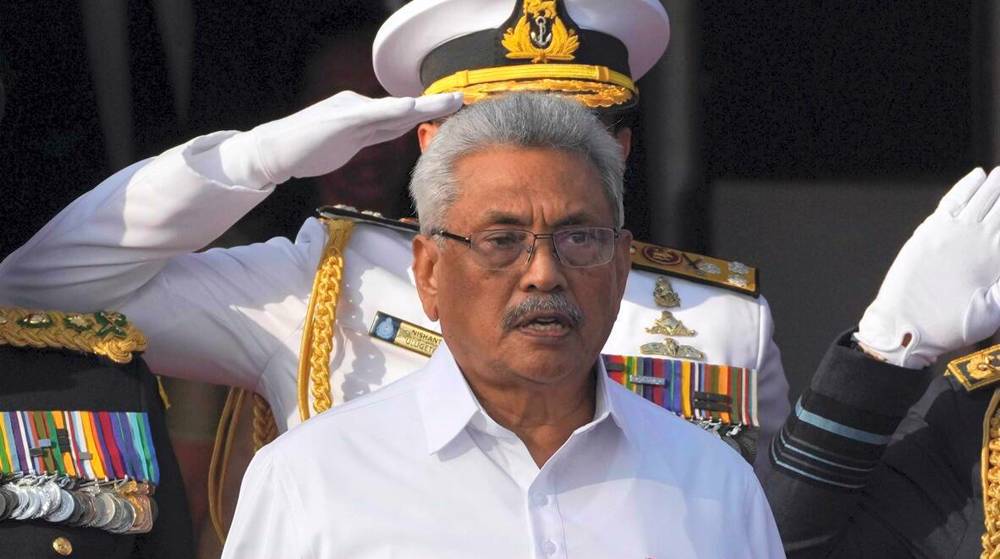
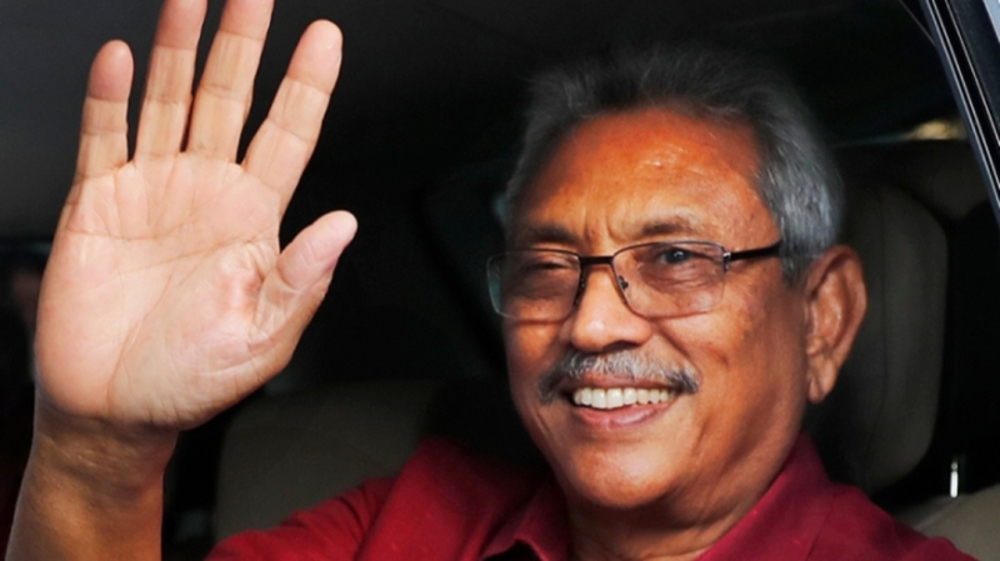
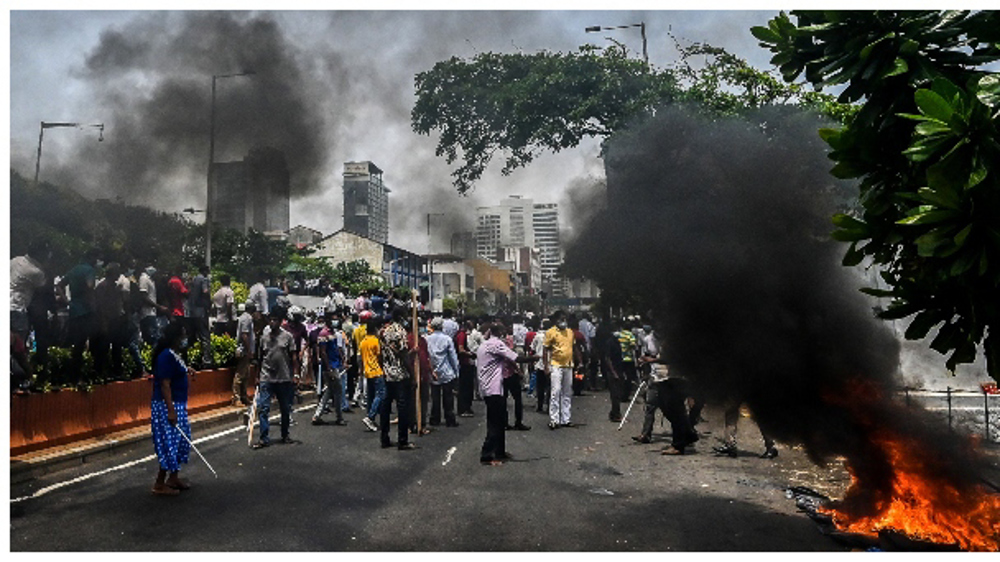
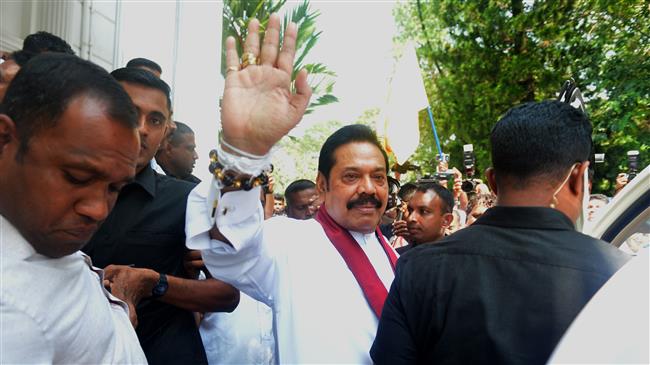

 This makes it easy to access the Press TV website
This makes it easy to access the Press TV website